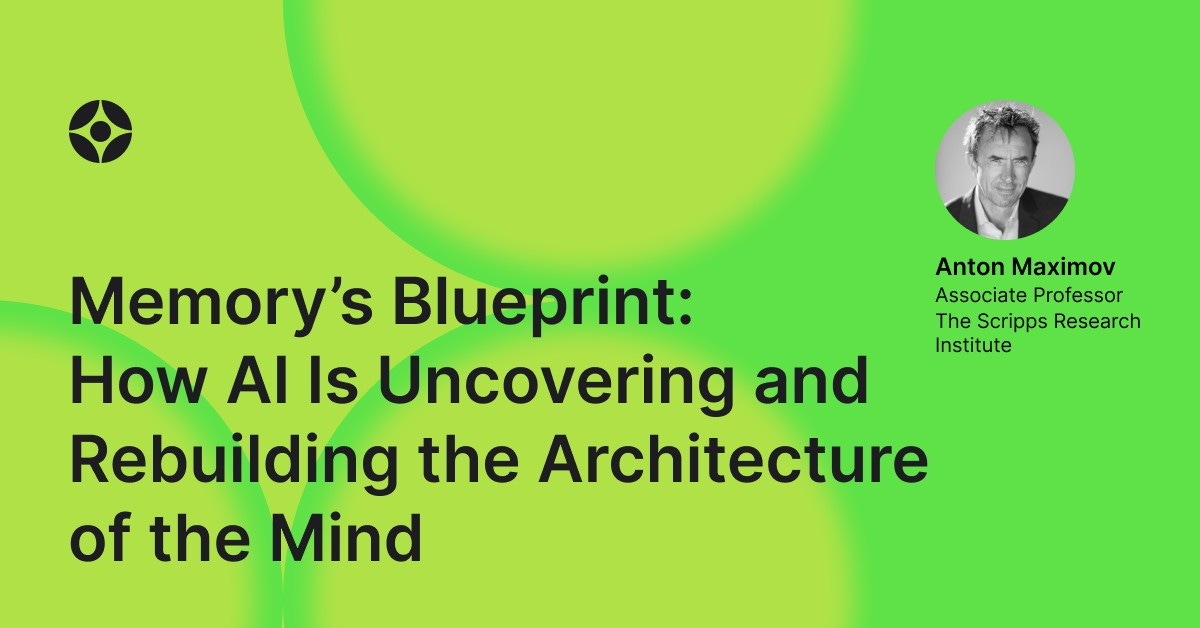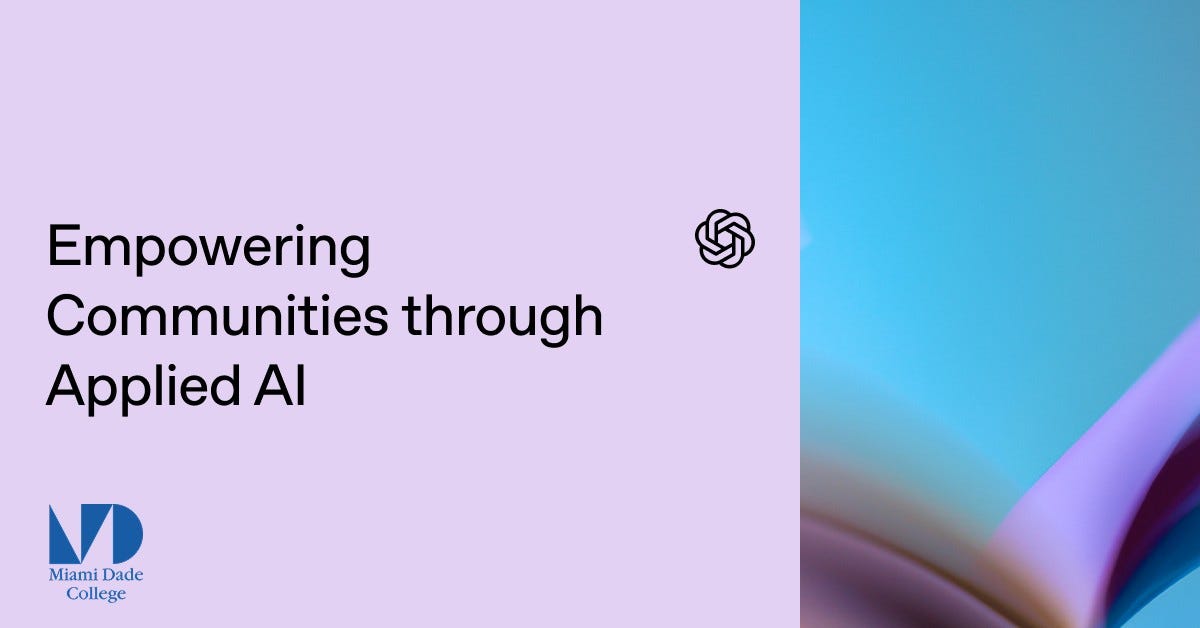Hi
Welcome (back) to The Prompt. AI isn’t well understood, but we learn a lot in our work that can help. In this newsletter, we share some of those learnings with you. If you find them helpful, make sure you’re signed up for the next issue.
[Data] The weight of pop culture on AI sentiment
Most Americans probably don’t read AI news as closely as we do, but they’re seeing a lot of AI — in their movies, video games and TV. A majority of them say the portrayals they see are already happening IRL or eventually will, and they’re evenly split on whether what they’re seeing makes them feel optimistic or pessimistic about AI.
So what do those AI portrayals look like? We have some idea, at least in movies, thanks to fellow Substacker Stat Significant’s recent analysis finding that portrayals of AI in film have spiked lately – with nearly 15% of all films in this decade depicting AI in some way, up from about 5% in the early 2000s.
While there have always been examples of “good” AI characters (typically endearing and sidekicky, like R2-D2 and WALL-E), these portrayals pale in comparison to ones of “bad” AI (often the main villain, as in The Terminator, Matrix, and Age of Ultron). We know from our own research — and it’s just common sense — that people’s biggest concerns about AI all ladder up to either their own loss of control over it, or society’s loss of control over it. Which is basically the plot of any movie in which AI is the baddie.
Intrigued by the idea of even starting to quantify how decades of pop-culture portrayals of AI might be shaping people’s views, we worked with friend Jon Cohen’s new platform Truedot.ai on a short survey (1,000 US adults, June 10-12, MOE +/-3.2%), just as a place to begin. What struck us as notable:
The screen loves AI: Two-thirds of US adults say they “often” or “sometimes” see AI depicted in movies (65%) and video games (66%). Solid majorities spot it in TV (62%) and music/music videos (56%). Far fewer run across it in offline media (books 33%; live theater 25%).
The red pill generation: Unsurprisingly, those regularly running into portrayals of AI are more likely to be younger – Gen Z, Millennials and Gen X, but most likely of all Millennials, whose coming of age likely included catching, on big screens, The Matrix, Age of Ultron, and if they snuck in, Terminator 2.
Differences and similarities by ethnicity: 7 in 10 Latino and Black respondents say they see AI depictions in movies, compared to 62% of Whites. But there’s more Latino-Black-White parity when it comes to video games.
Reality or fiction? Asked if the portrayals of AI in movies and TV could become reality someday, 54% say it’s already happening or will happen in a matter of time, while only a combined 14% say it’s fiction/will never happen. A third of respondents answer that it’s hard to say.
Teetering: In terms of whether what they see makes them feel optimistic or pessimistic about the development of real-world AI, it’s an even split at 29% to 28%; a larger share, 42%, say the portrayals don’t affect their perspective either way.
“Pop culture still writes AI’s first impression," Jon tells us. "Most people meet fictional AI before the real thing — and those early stories shape how they respond to every breakthrough that follows.”
[News] Ideas to power ingenuity
Energy has always been the ability to make ideas happen, but never more so than in the AI era, when energy will power not just discrete innovations in mobility, productivity and discovery—it will power the scaling of human ingenuity itself. That’s why OpenAI Global Affairs has released a set of energy-adjacent ideas to expand AI access, broadly distribute its benefits, and sustain America’s technological edge over the People’s Republic of China.
Even in moderate forecasts, top economists estimate that AI could increase productivity by a few percentage points; some project double-digit growth. With more than 500 million people are using our freely available AI weekly, and millions using other AI tools, these gains will soon start coming into view. We believe that scaling the gains means getting AI directly and safely into as many people’s hands as quickly as possible – in addition to, rather than only through paying/enterprise clients, which would concentrate the gains.
We also believe that engaging on issues means not just identifying challenges, but raising ideas and insights to start considering solutions. We wanted to highlight three such thought starters here — drop a line and let us know what you think:
American AI Leadership Reserve: Inspired by the Strategic Petroleum Reserve, this would secure long-term access to the compute the US needs to maintain its technological leadership. Successful nations, after all, turn resources into competitive advantages. And this kind of reserve would allow the US to continue its competitive advantage on compute and technology.
AI Trusts: AI’s outputs are informed by society’s inputs. Since everyone contributes to AI’s outputs, everyone should benefit from them as well. AI is our opportunity – and arguably our mandate – to think differently about how we can make sure everyone benefits from the outputs for contributing to the inputs. One way to do this would be like the Alaska Permanent Fund, in which the areas central to AI infrastructure would have a stake in long-term financial returns.
Stargate Academies: Our OpenAI Academies – our AI literacy programs already used by 1.4 million people – could be expanded at infrastructure hubs to ensure workers and communities actively shape and benefit from the AI systems they build. This in-person and virtual training could range from introductory courses in AI use for local residents, to specialized courses for the local workforce.
[Data] Rising bipartisan support for nuclear energy
A recent Pew study found bipartisan support for nuclear energy has grown steadily over the past decade, with 56% of Americans now in favor of expanding nuclear power – including two-thirds of Republicans and half of Democrats.
Our own research, done by the Penta Group, reflects similar trends among tech opinion influencers in DC and NYC. (What’s a tech opinion influencer? If you’re reading this newsletter, it’s probably you…)
[About] OpenAI Forum
Explore past and upcoming programming by and for our community of more than 30,000 AI experts and enthusiasts from across tech, science, medicine, education and government, among other fields.
7:00 PM – 8:10 PM EDT on June 25.
[About] OpenAI Academy
The Academy is OpenAI’s free online and in-person AI literacy trainings for beginners through experts.
OpenAI has called for a nationwide AI education strategy – rooted in local communities in partnership with American companies – to help our current workforce and students become AI-ready, bolster the economy, and secure America’s continued leadership on innovation.
1:00 PM – 2:00 PM EDT on June 26.
[Disclosure]
Graphics created by Base Three using ChatGPT.












